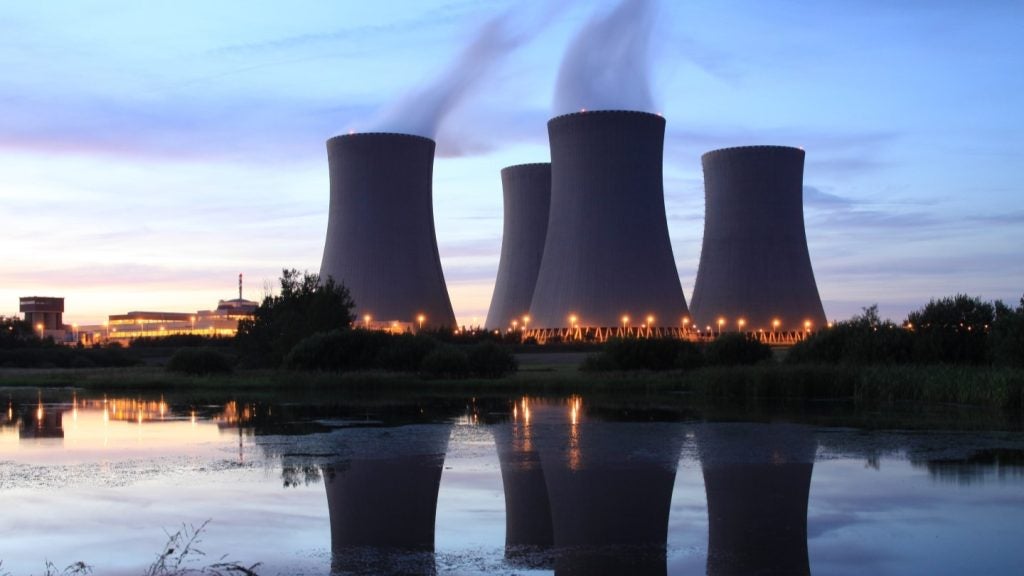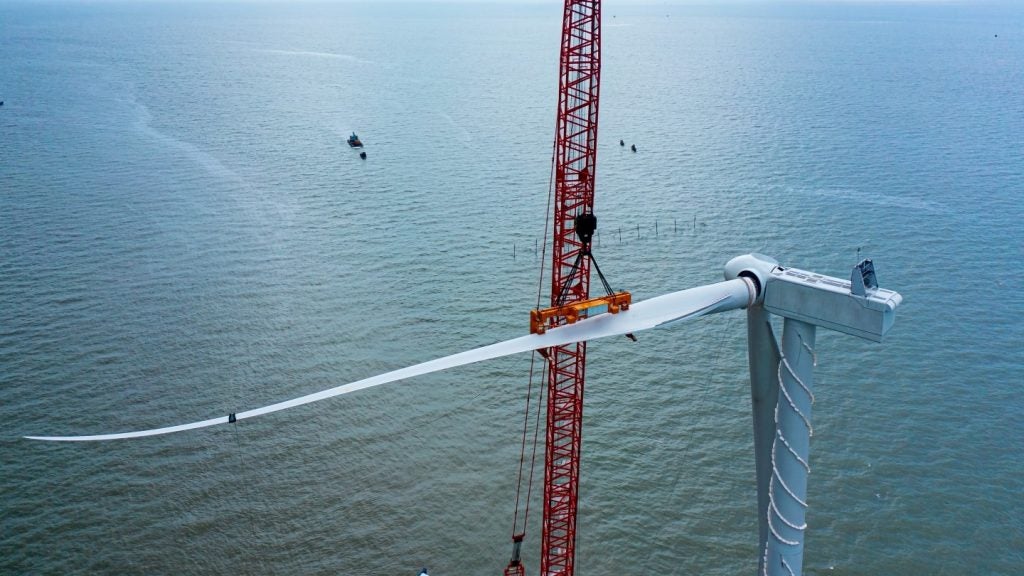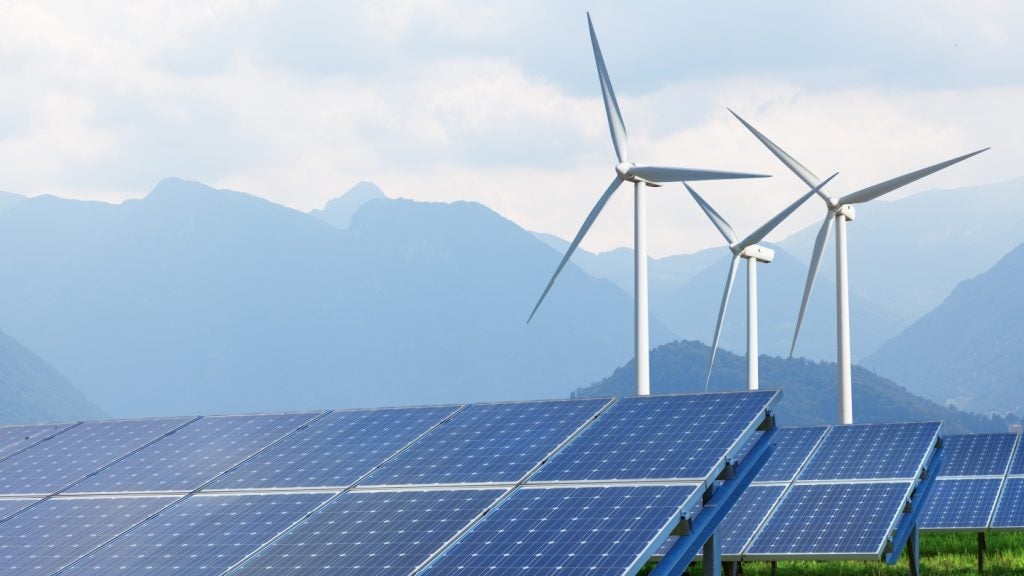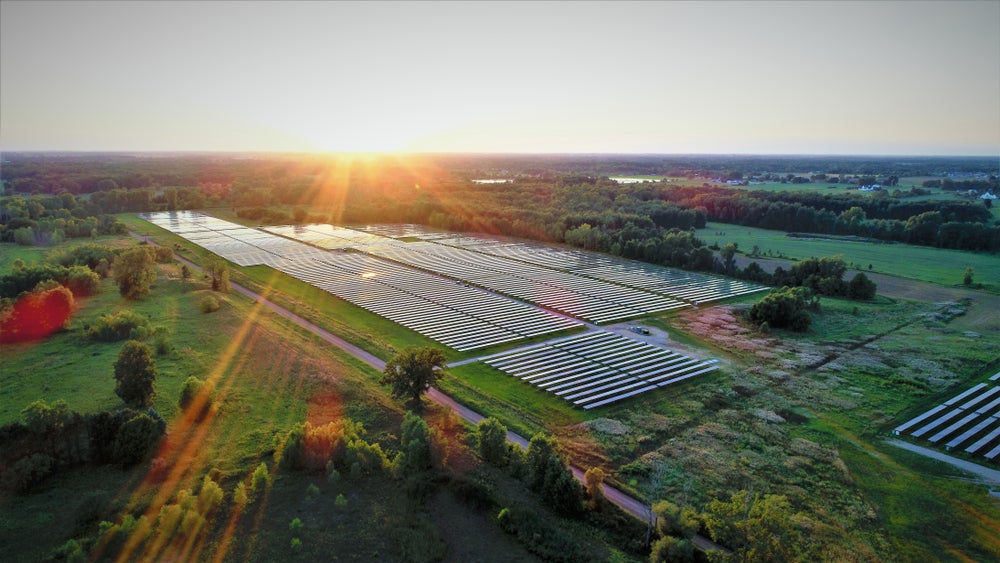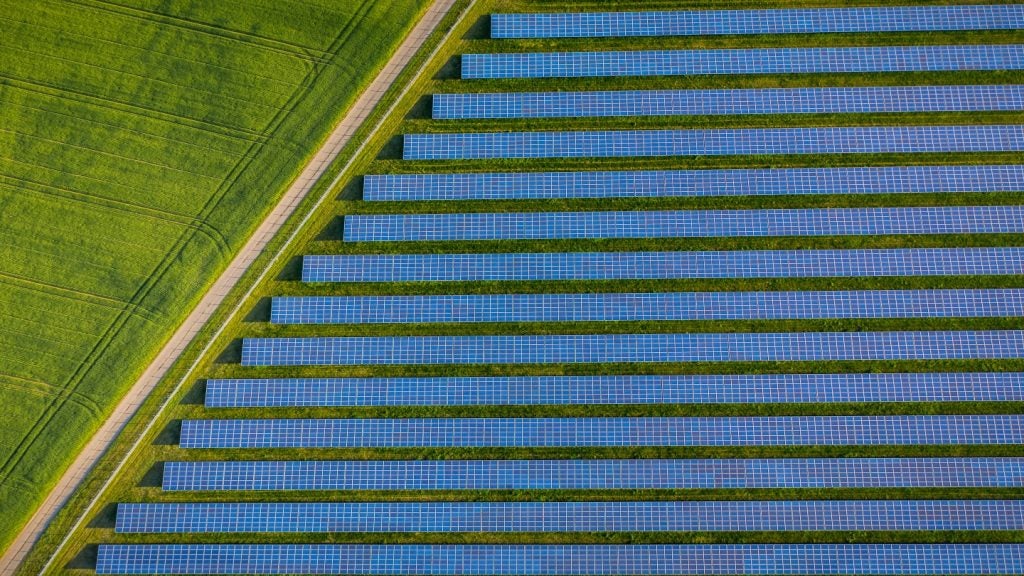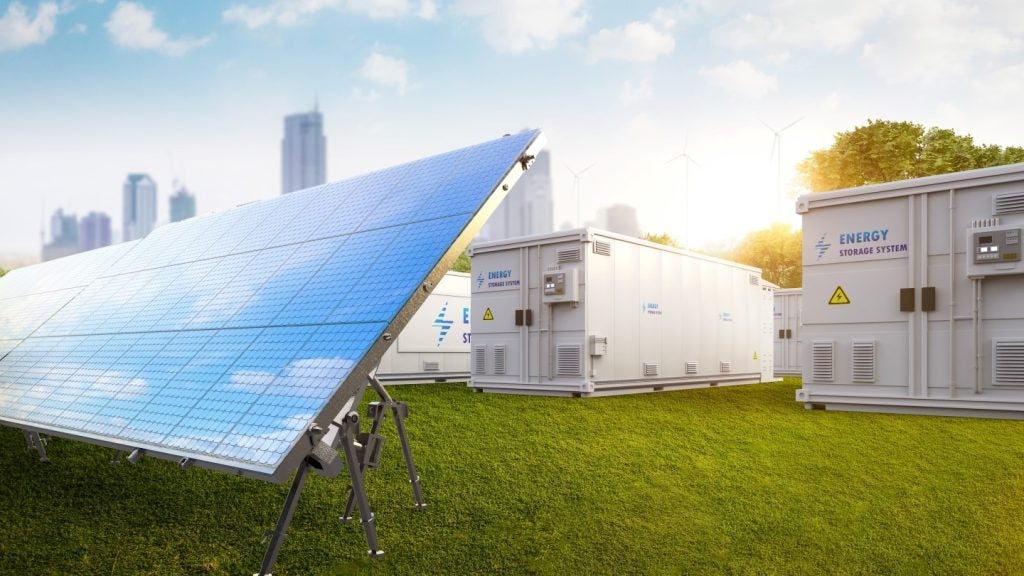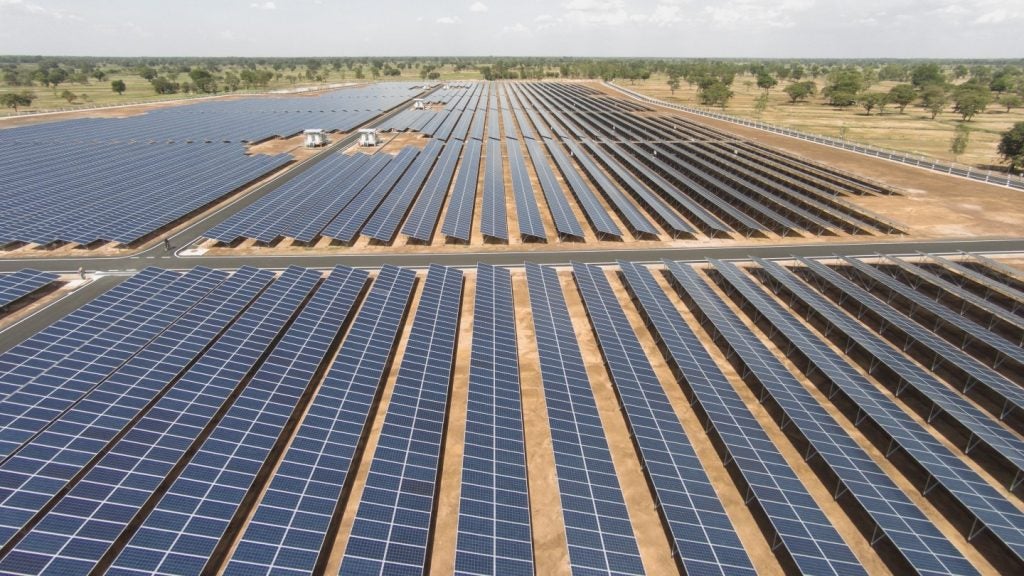The United Arab Emirates (UAE) is exploring opportunities to invest in nuclear power infrastructure across Europe, including in Britain, Reuters has reported.
The state-owned Emirates Nuclear Energy Company (ENEC) is considering becoming a minority investor in several nuclear power assets.
ENEC, which is owned by Abu Dhabi's investment fund, the Abu Dhabi Developmental Holding Company, has ambitions to expand its international footprint by acquiring minority stakes in nuclear projects.
The company has been in discussions to invest in the UK, specifically in the Sizewell C nuclear project, which is currently seeking additional private investment following the exit of a Chinese investor.
Alongside Saudi Arabia, the UAE is looking to diversify its economy beyond oil, while Britain is actively seeking private investment to support its nuclear energy ambitions.
The two nations signed a memorandum of understanding on civil nuclear cooperation at the UN climate summit in Dubai in 2023, highlighting their commitment to expanding nuclear capacity by 2050.
Reuters quoted a spokesperson for Britain's Department for Energy Security and Net Zero as saying: “Sizewell C is a crucial part of the UK's agenda for new nuclear power, which is central to our plans for achieving a low-cost, clean and secure electricity system.”
Details on the commercial structure of the project remain confidential due to sensitive ongoing discussions.
Reuters quoted ENEC’s statement: “As part of international growth and investment plans, ENEC is working with a multitude of partners to explore collaboration opportunities in both new civil nuclear projects and civil nuclear technologies and related clean energy technologies such as clean hydrogen.”
French energy company EDF is also involved in the Sizewell C project and has not commented on the potential investment.
The UK Government and EDF are reportedly close to securing £20bn (€23.4bn) for Sizewell C by the end of 2024.
ENEC’s experience in overseeing the construction of the UAE’s first nuclear power plant, which began commercial operations in 2021, could make it a valuable partner in developing new nuclear infrastructure in Europe.
While several European countries are keen to expand nuclear energy to meet climate goals and reduce reliance on Russian energy, the EU remains divided over nuclear power due to safety concerns and investment challenges.
ENEC's potential investment, backed by a wealthy Gulf state, could help address these challenges but may also encounter political resistance.


